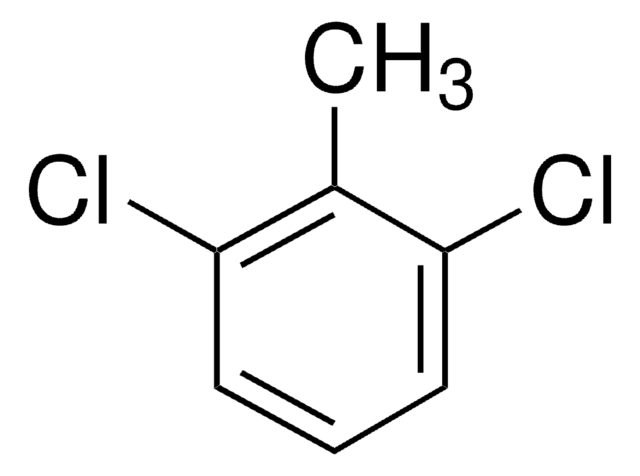PS690-250MG
Hexachlorobenzene
analytical standard
Synonym(s):
HCB
Sign Into View Organizational & Contract Pricing
All Photos(1)
About This Item
Empirical Formula (Hill Notation):
C6Cl6
CAS Number:
Molecular Weight:
284.78
Beilstein:
1912585
MDL number:
UNSPSC Code:
41116107
PubChem Substance ID:
Recommended Products
grade
analytical standard
packaging
ampule of 250 mg
manufacturer/tradename
Chem Service, Inc. PS-690
bp
323-326 °C (lit.)
mp
227-229 °C (lit.)
SMILES string
Clc1c(Cl)c(Cl)c(Cl)c(Cl)c1Cl
InChI
1S/C6Cl6/c7-1-2(8)4(10)6(12)5(11)3(1)9
InChI key
CKAPSXZOOQJIBF-UHFFFAOYSA-N
Looking for similar products? Visit Product Comparison Guide
Choose from one of the most recent versions:
Certificates of Analysis (COA)
Lot/Batch Number
Sorry, we don't have COAs for this product available online at this time.
If you need assistance, please contact Customer Support.
Already Own This Product?
Find documentation for the products that you have recently purchased in the Document Library.
Noël J Diepens et al.
Environmental science & technology, 49(22), 13586-13595 (2015-10-16)
Whole sediment toxicity tests play an important role in environmental risk assessment of organic chemicals. It is not clear, however, to what extent changing microbial community composition and associated functions affect sediment test results. We assessed the development of bacterial
Guang Wang et al.
Environment international, 36(1), 122-130 (2009-10-13)
This article summarizes the published scientific data on sources, levels and human exposure of hexachlorobenzene (HCB) in China. Potential sources of unintended HCB emission were assessed by production information, emission factors and environmental policies. HCB was observed in various environmental
C C Michielsen et al.
Environmental health perspectives, 107 Suppl 5, 783-792 (1999-09-30)
Hexachlorobenzene (HCB) is a persistent environmental pollutant. The toxicity of HCB has been extensively studied after an accidental human poisoning in Turkey and more recently it has been shown that HCB has immunotoxic properties in laboratory animals and probably also
A P van Birgelen
Environmental health perspectives, 106(11), 683-688 (1998-11-03)
A dioxinlike compound is a compound that binds to the aryl hydrocarbon (Ah) receptor, results in dioxinlike effects, and bioaccumulates. These are the three factors for including dioxinlike chemicals in the toxic equivalency factor (TEF) concept. Risk assessment of dioxinlike
Xiaoqin Nie et al.
Chemosphere, 90(9), 2403-2407 (2013-01-01)
Synthesized lead-iron (Pb/Fe) bimetallic particles were applied to dechlorinate hexachlorobenzene (HCB) under various conditions (e.g. bimetal amount, initial pH value, reaction temperature, and reaction duration). The results showed that adding Pb onto Fe benefited the dechlorination of HCB and the
Our team of scientists has experience in all areas of research including Life Science, Material Science, Chemical Synthesis, Chromatography, Analytical and many others.
Contact Technical Service





